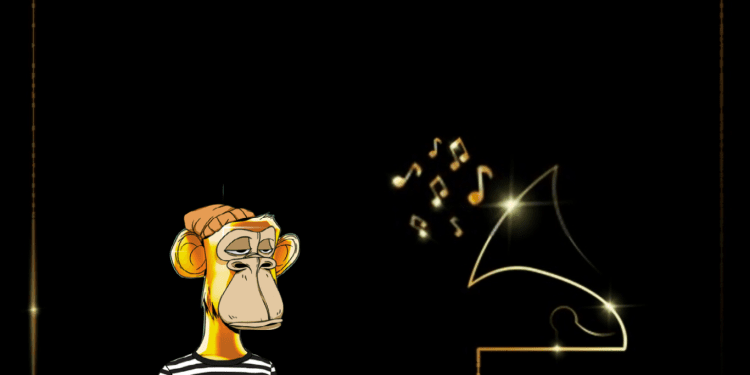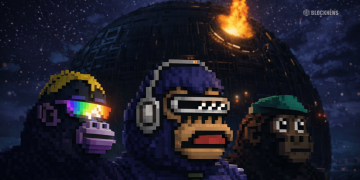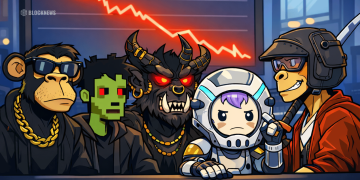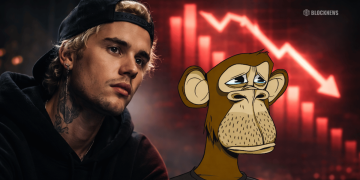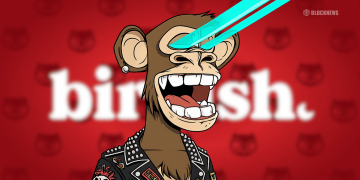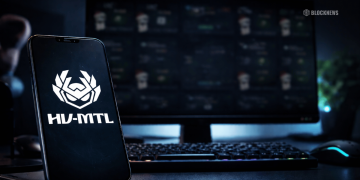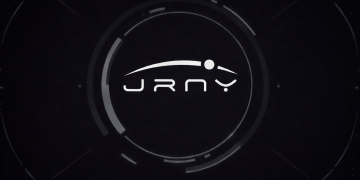The Latin Recording Academy has landed a three-year partnership for non-fungible tokens based on the Latin Grammy Awards, making this year’s 64th ceremony the first to have an NFT collection.
The Latin Recording Academy, the organization responsible for the Latin Grammys, and OneOf, a Web3 platform for music streaming, have allied. The event will include drops showcasing Latin music in the exclusive collections leading up to the awards.
CEO of the Latin Recording Academy Manuel Abud calls it “a new type of musical innovation” and a chance for listeners to “own a piece of the Latin GRAMMYs.”
The Latin Recording Academy’s statement reads, “The Latin Recording Academy is dedicated to discovering innovative, new ways to commemorate excellence in Latin music and to connect music to other art forms in our culture, including the visual and digital arts.”
Music and Meta Merge
In the run-up to the awards event on November 18, NFTs for the Latin Grammys will be released in October. This follows OneOf’s collaboration with the Grammys, during which the organization also planned an NFT release schedule within the next three years.
Binance also served as the official cryptocurrency exchange partner for the 64th Annual Grammy Awards to promote the release of the first collection.
While the news on the Grammys outspokenly supported the use case of Web3 and decentralized music streaming, it was not the first show to do so. In early 2022, the MTV Video Music Awards introduced a new category: “Best Metaverse Performance.”
The metaverse award coincided with the live musical performance by Eminem and Snoop Dogg, where they sang their smash-hit single, From The D 2 The LBC. This song was also a breakthrough for mainstream music as the duo used the Bored Ape Yacht Club NFTs for their video animation and live performance.
Major players in the music industry have also been quick to utilize Web3 tools to keep up with the future of business. On August 30, Sony Music Entertainment officially registered for NFT-based music.
NFT singles and enhanced music rights and licensing are examples of how musicians use the technology. In addition, NFTs gained official acceptance as a legitimate format, with famous bands like Muse now using them.
How NFTs Help Benefit Musicians
Non-fungible tokens go beyond digital art. With the application of NFTs, musicians can reap the benefits of higher royalty fees directly from buyers than relying on an intermediary to promote and sell their creations.
Platforms like Audius, Digimarc, and Mycelia transform the most dedicated music followers into investment partners with their favorite artists. For example, Royal lets listeners buy a percentage of a specific song’s royalties straight from the artist. When the artist discovers how many royalties to sell, a Royal user can purchase the royalties as tokens and use them for trading on a supported NFT exchange.
One of the biggest struggles of a music artist is the minimal benefits, while the producer earns most of the sales. With a decentralized platform, artists do not just get complete control over their sales; they are also free from the middleman’s dependence.
The Latin American Grammys see the perks of NFT technology in hopes of shedding light to music fans that they have a piece of ownership with the musicians’ creations.


